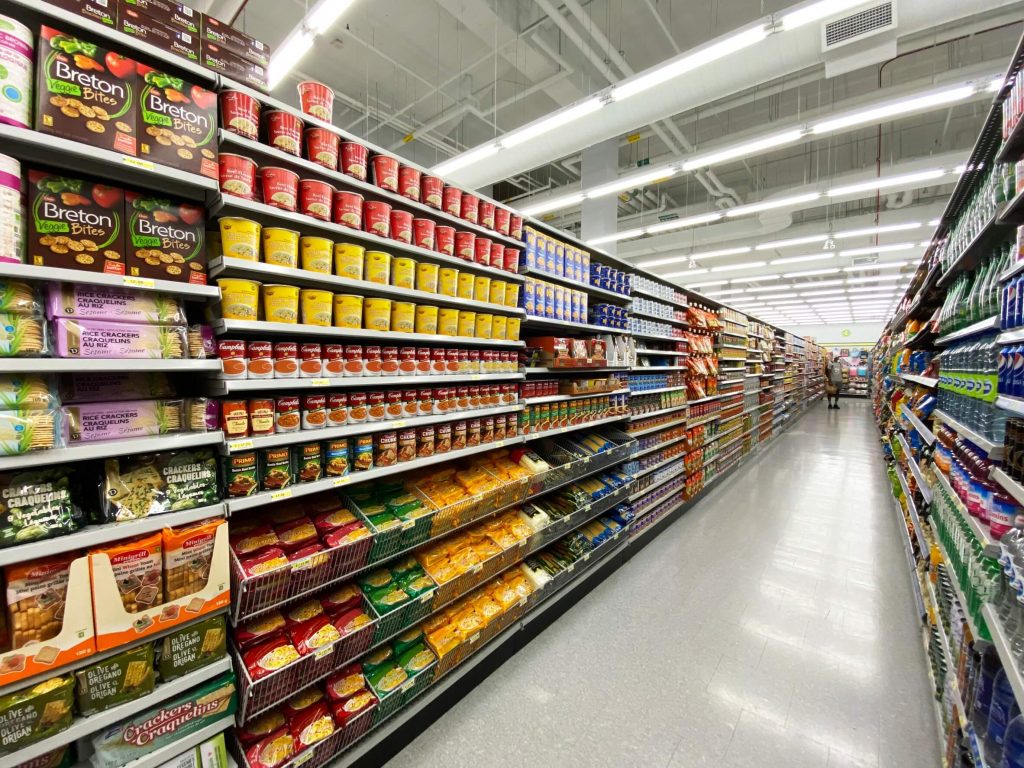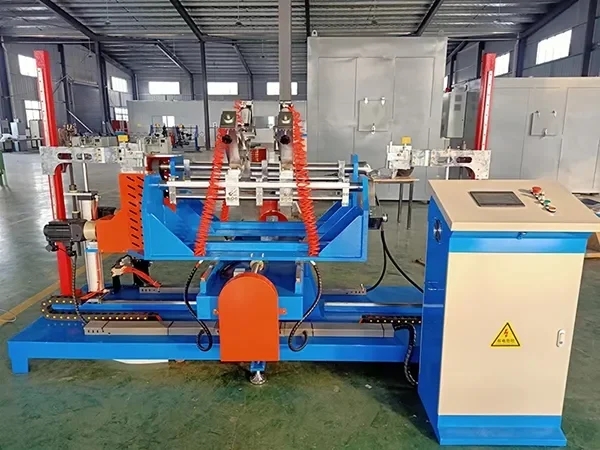
In today's health-conscious society, the choice between buying local or organic food has become a hot topic of debate. Consumers are increasingly concerned about the quality and sustainability of their food choices. But which is truly better? In this article, we will delve into the intricacies of the local and organic food movements, exploring their benefits, drawbacks, and the ultimate question: Is it better to buy local or organic food?
- Understanding Local Food:
Local food refers to produce and products that are grown or produced within a specific geographic region. The emphasis is on supporting local farmers and businesses, reducing carbon footprint, and promoting community resilience. Buying local food has several advantages:
- Fresher and more flavorful: Local food is often harvested at its peak ripeness, resulting in superior taste and nutritional value.
- Environmental sustainability: By reducing transportation distances, local food helps minimize greenhouse gas emissions and supports biodiversity.
- Economic benefits: Buying local food stimulates the local economy, creating jobs and fostering community development.
- Unveiling Organic Food:
Organic food, on the other hand, is produced without the use of synthetic pesticides, fertilizers, or genetically modified organisms (GMOs). It adheres to strict regulations and certifications. The benefits of organic food include:
- Reduced exposure to chemicals: Organic farming practices prioritize natural methods, minimizing the risk of pesticide residues in food.
- Environmental conservation: Organic farming promotes soil health, biodiversity, and water conservation, contributing to long-term sustainability.
- Health benefits: Some studies suggest that organic food may contain higher levels of certain nutrients and antioxidants.
- The Pros and Cons:
While both local and organic food have their merits, it's important to consider their limitations as well:
- Availability and variety: Local food availability may be limited to certain seasons or regions, whereas organic food is more widely available but may have a narrower range of options.
- Cost considerations: Organic food is often more expensive due to higher production costs, while local food prices can vary depending on the region and market demand.
- Certification challenges: Small-scale local farmers may not have the resources to obtain organic certifications, even if they follow organic practices.
- Making an Informed Choice:
Ultimately, the decision between buying local or organic food depends on personal priorities and circumstances. Consider the following factors:
- Prioritize local when possible: Supporting local farmers can have a direct positive impact on your community and local economy.
- Choose organic for certain produce: Some fruits and vegetables are more prone to pesticide residues, making organic options a wise choice.
- Seek a balance: If local and organic options are available, consider striking a balance between the two to support both sustainability and health.
Conclusion:
In the ongoing debate of local vs. organic food, there is no definitive answer. Both options have their advantages and drawbacks. The key is to make informed choices based on personal values, health considerations, and the availability of local and organic options. By supporting local farmers and choosing organic when necessary, we can contribute to a healthier, more sustainable food system for ourselves and future generations.






